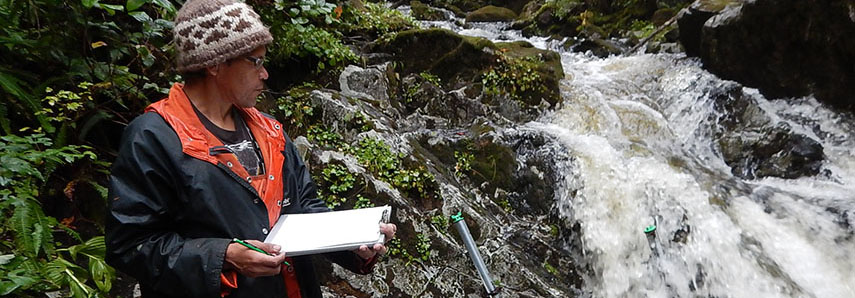Preparing for a changing climate

Preparing for climate change strengthens our capacity to anticipate and respond to sudden events like wildfires, floods and heatwaves, while also helping us to respond to changes that happen more slowly like loss of habitat and rising sea levels. By planning ahead and acting early, we can be ready for the challenges and new possibilities the changing climate may bring.
Read the full list of actions taken over 2019 to 2020 in the 2020 Supporting Materials (PDF).
Investments made to better prepare the province for climate-related risks include:
-
Community Preparedness: As of 2019-2020, the Province invested $69.5 million in the Community Emergency Preparedness Fund (CEPF), which supports local governments and Indigenous communities to reduce their wildfire and flood risk and effectively respond to emergencies.
-
Wildfire: As part of a $60 million commitment, the Community Resiliency Investment Program provided approximately $13 million in 2019-2020 to help local governments and First Nations reduce wildfire threats around their communities. Funding was also provided to the Forest Enhancement Society of B.C. for wildfire risk reduction, among other efforts.
-
Flood: The Province provided funding through the Community Emergency Preparedness Fund and the National Disaster Mitigation Program toward 62 flood risk reduction projects totaling $32.6 million.
-
Drought: We established a government-to-government partnership in February 2020 with the Cowichan Tribes to ensure long-term water sustainability for the Koksilah watershed and developed a water sustainability plan for the area.
-
Agriculture: B.C. invested $2.3 million in the Environmental Farm Plan (EFP) Program and Beneficial Management Practices (BMP) Program to support the completion of 348 EFPs and the implementation of 323 BMP projects that contribute to GHG emissions reductions, carbon sequestration and climate adaptation. The Food Security Task Force findings and recommendations report released in 2020 includes recommendations for using technology and innovation to continue strengthening our agriculture sector while adapting to climate change.
-
Forestry: B.C. and the Government of Canada are jointly investing $290 million over five years in B.C.’s forests to take action on climate change, which will support projects like the Forest Enhancement Society of BC under the Forest Carbon Initiative (FCI). Through FCI, B.C. has provided grants in the range of $1-3 million to help First Nations communities and local mills turn wood waste into products, reduce emissions and create jobs. B.C. is also developing a Climate Change Informed Species Selection tool to rank tree species for suitability to future climate and related economic costs and benefits.
Climate Preparedness and Adaptation Strategy
B.C.'s Climate Preparedness and Adaptation Strategy helps to ensure we stay safe and respond effectively in a changing climate. It builds on the 2019 Preliminary Strategic Climate Risk Assessment, which examined some of the greatest risks to B.C. as a result of climate change.
The strategy outlines a broad range of actions for 2022-2025 to address climate impacts and build resilience across B.C.
Learn more about the Climate Preparedness and Adaptation Strategy.
